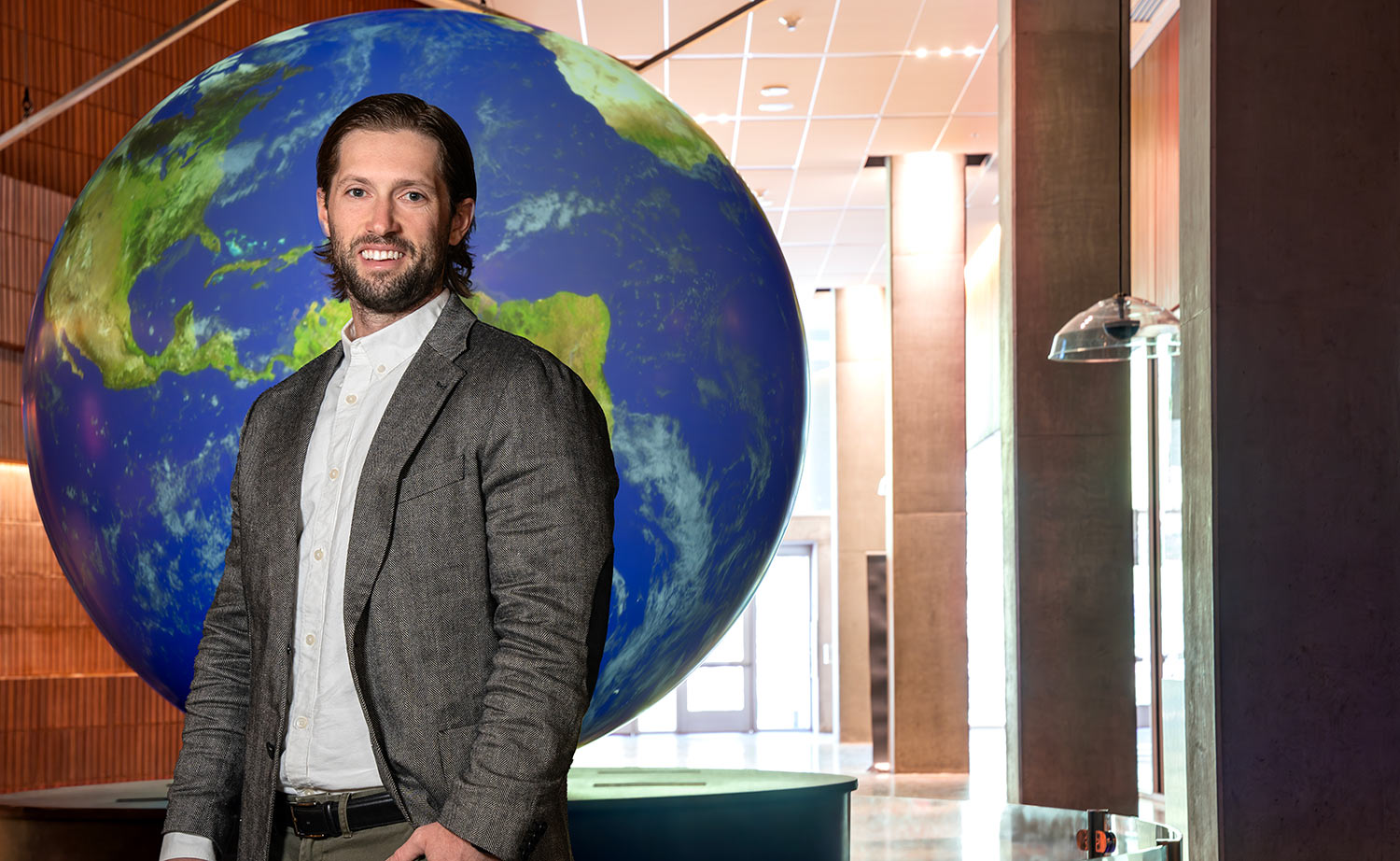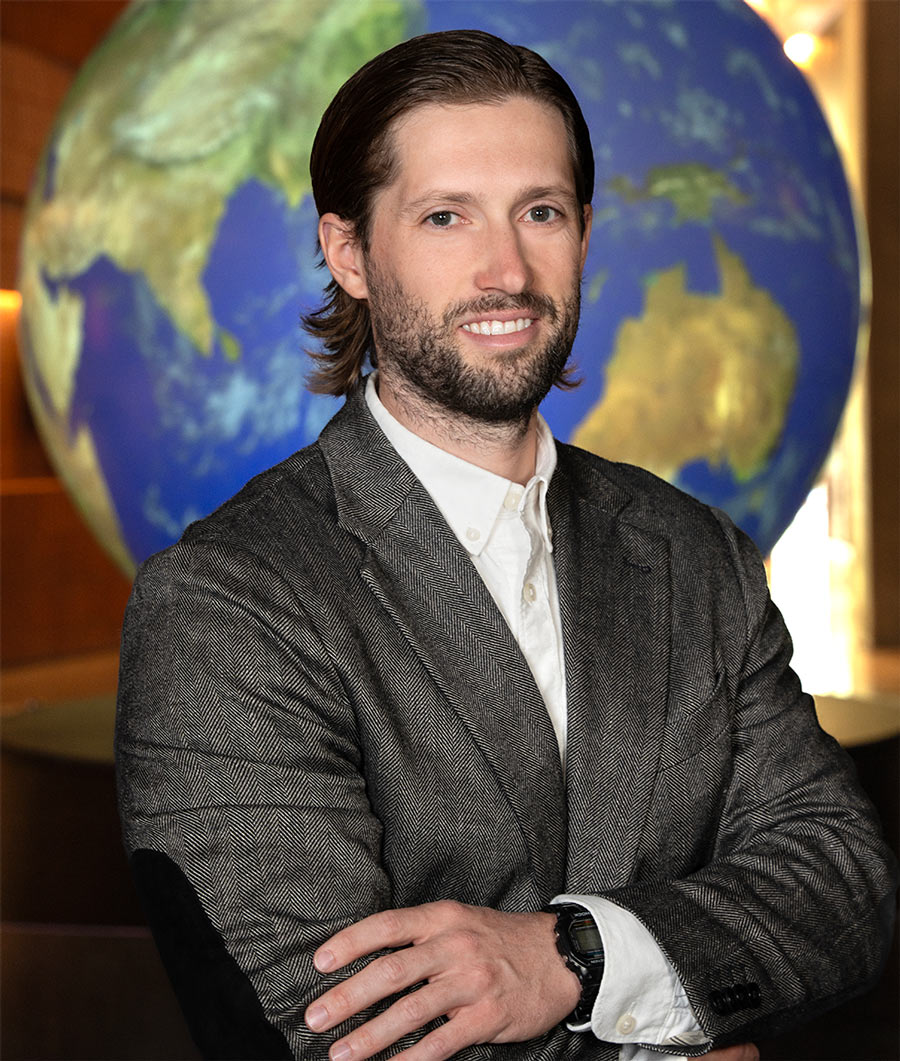

The Unwelcome Economic Effects of Climate Policy
Right now, there are no definite answers to these questions. And this ambiguity is driving oil and gas producers to react in ways policymakers may not intend, says Assistant Professor of Finance Michael Barnett. Barnett’s research demonstrates how the uncertainty surrounding future climate legislation could cause severe economic harm and increase carbon emissions in the near future.
“Expectation about future risk matters,” he explains. “To understand climate policy, you can’t just take a hopeful, optimistic view—you need to consider the potential negative outcomes, too.”
In his latest paper, “A Run on Oil? Climate Policy and Stranded Assets Risk,” Barnett does just that, using standard economic frameworks as a basis and introducing the impacts of policy-related shocks and subsequent business decisions.
Though the model is complex, its most basic conclusion is easy to understand: The anticipation of future climate legislation drives oil, gas, and coal firms to ramp up production before their assets in the ground become worthless. If this run-up occurs, as Barnett’s model predicts, the law of supply and demand dictates that the price of these commodities, and the value of commodity-producing firms, will fall, perhaps drastically.
And that would be bad news, not just for the oil and gas industry but for millions of investors in mutual funds, retirement funds, pension plans, and banks, whose loans to the companies would suddenly become much riskier.
“In the absence of abundant clean energy options that are cost-competitive in the near-term, most of the world still relies on fossil fuels to power everything from computers to automobiles. A negative impact on this sector spills over into the broader economy and households. It’s a potentially huge negative shock,” Barnett says.
Assistant Professor of Finance
Understanding stranded assets
Stranded assets are nothing new. The automobile stranded horses and trains. The internet has stranded many print publications, and it likely isn’t done yet.
These consequences have continued to evolve over time. Even if it’s phased in, legislation imposes rigid deadlines and fines, leading companies to salvage assets while they still can. For environmental resources, a run on oil production could generate a boom in fossil fuel use and carbon emissions, which would likely increase. A deteriorating environment could lead to harsher policy proposals, further intensifying production.
Avoiding adverse outcomes
Barnett believes that if policymakers would walk their talk, it would help.
“Announcing future policies sounds nice, but it’s potentially one of the worst things you can do. It would be better to start implementing less strict policies, today, such as a carbon tax, while working toward significant future targets. Improving the alternative energy infrastructure and making it easier for companies to use cleaner production methods would make the transition less painful.”
In addition, using advanced technology to further quantify climate policy risks, which Barnett aims to do in his future research, could provide companies and policymakers with a clearer picture of future threats.
“Climate models are extensive and don’t integrate easily with economic models,” he says. “The work I’ve been doing recently uses artificial intelligence methods to solve models that address even harder questions, and that can make extremely complex problems more accessible.”
— Theresa Meek